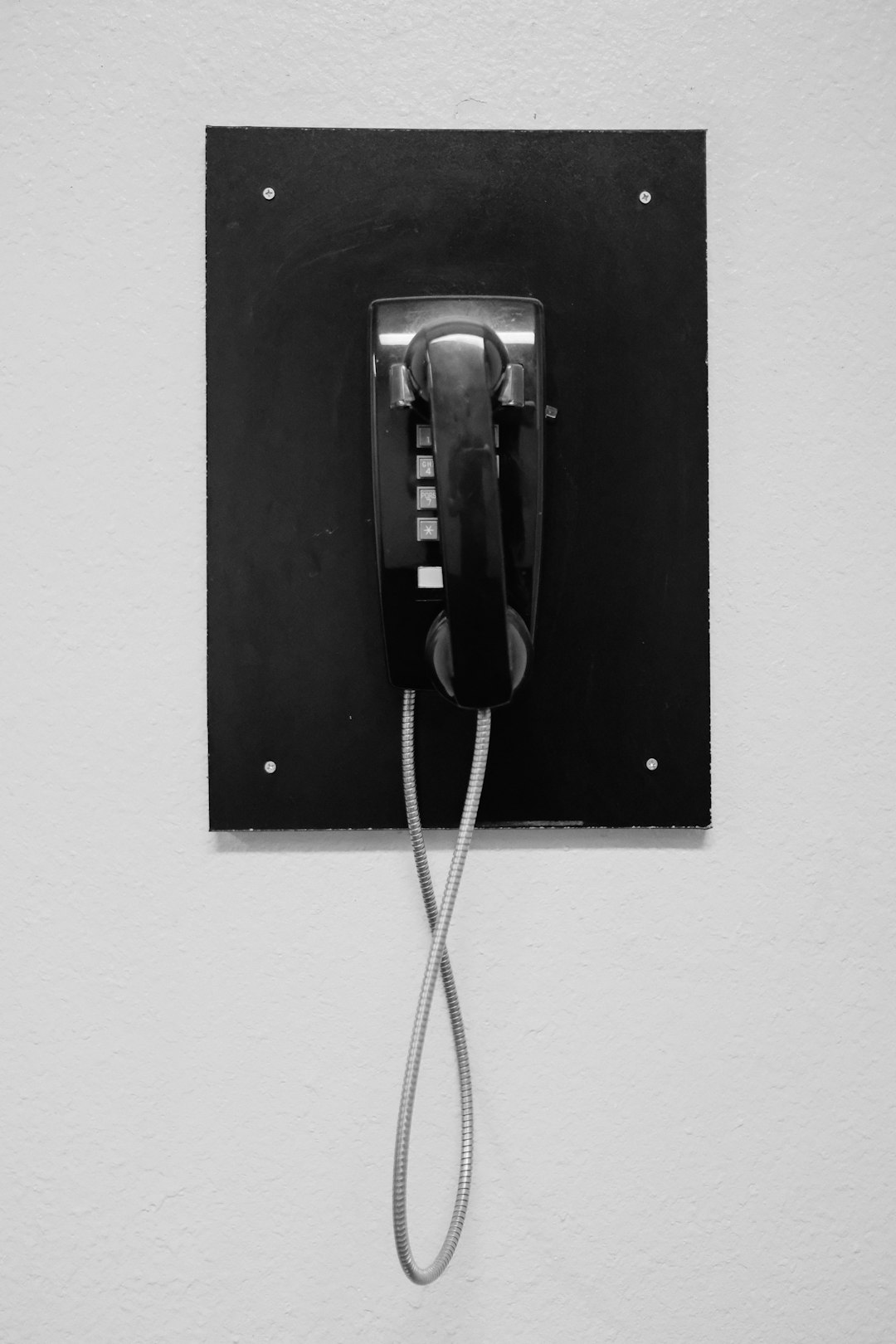In New Jersey, the Telephone Consumer Protection Act (TCPA) protects residents from unwanted robocalls and spam marketing. If you've received multiple nuisance calls, you can take legal action with the help of a reputable spam call law firm or TCPA lawyer. Document the calls, gather evidence, and reach out for free consultations to explore your options and potential compensation. Time limits apply, so act promptly.
Looking to understand your options when facing annoying robocalls in New Jersey? This guide explores everything you need to know about filing a lawsuit in NJ. Learn about the legal framework surrounding robocalls and the Telephone Consumer Protection Act (TCPA), when such calls are considered illegal, and your rights to take action. Discover how to choose reputable spam call law firms or lawyers in New Jersey specializing in TCPA cases. With these steps, you can assert your rights and determine if you have grounds to sue for robocalls in NJ.
Understanding Robocalls and the TCPA in New Jersey
In today’s digital era, robocalls have become a ubiquitous and often annoying aspect of daily life. These automated calls, typically used for marketing purposes, are governed by the Telephone Consumer Protection Act (TCPA) in New Jersey, a federal law designed to protect consumers from unwanted phone calls. If you’ve received a spam call, you may be wondering: Can I sue for robocalls in New Jersey? The TCPA allows individuals to take legal action against companies that violate its provisions, including those making automated or prerecorded calls without prior express consent.
New Jersey’s Spam Call Law firm and lawyers specializing in the TCPA can guide you through the process of filing a lawsuit if your rights have been infringed upon. These professionals are equipped to navigate the complexities of the TCPA and help ensure that you receive compensation for any distress or financial loss caused by unwanted robocalls. If you believe you have a case, reach out to a reputable spam call law firm in New Jersey to explore your options and determine if pursuing legal action is the right course of action for can I sue for robocalls in New Jersey.
When Are Robocalls Illegal? The NJ Perspective
In New Jersey, as in many places across the country, certain types of robocalls are considered illegal under state and federal law, particularly those that constitute spam or unsolicited marketing calls. The Telephone Consumer Protection Act (TCPA) is a key piece of legislation that regulates these practices. Under the TCPA, businesses must obtain explicit consent from recipients before making automated or prerecorded phone calls for marketing purposes.
New Jersey’s perspective on robocalls aligns closely with the TCPA’s provisions. If you’ve received unwanted robocalls promoting products, services, or offers, and feel your rights have been violated, you may have legal recourse. Consider reaching out to a reputable spam call law firm in New Jersey that specializes in TCPA lawsuits. These lawyers can guide you on whether you can sue for robocalls in NJ and help navigate the legal process if you choose to pursue compensation or relief from such intrusive calls.
Your Legal Rights Against Spam Calls in New Jersey
In New Jersey, as in many states across the country, there are stringent laws to protect residents from unwanted and deceptive robocalls or spam calls. The Telephone Consumer Protection Act (TCPA) is a federal law that provides consumers with powerful remedies against automated phone marketing tactics. If you’ve received numerous spam calls, your rights allow you to take legal action. A spam call law firm or lawyers specializing in TCPA in New Jersey can guide you through the process of holding call companies accountable and seeking compensation for any harassment or financial loss caused by these calls.
If you decide to sue for robocalls in New Jersey, it’s crucial to act promptly, as there are strict deadlines for filing claims. You may be entitled to statutory damages, which can include $500 per violation, trebled if the violator knew or should have known its actions were unlawful. This law applies not only to automated phone calls but also to text messages and prerecorded voice mail messages, ensuring that your privacy is respected and protected from intrusive marketing tactics.
Choosing a Reliable Spam Call Law Firm or Lawyer in NJ
When considering legal action against robocallers, choosing a reputable and experienced spam call law firm or lawyer in New Jersey is paramount. Look for firms specializing in TCPA (Telecommunications Consumer Protection Act) lawsuits, as this area of law is crucial in dealing with automated calls. Reputable firms will have a proven track record of successfully prosecuting such cases, ensuring you receive the compensation you deserve.
Repute and expertise are key when selecting legal representation. You can start your search by asking for referrals from friends or checking online reviews to gauge a lawyer’s standing within the community. Additionally, many spam call law firms in New Jersey offer free initial consultations, allowing you to discuss your case and understand your rights without any financial obligation upfront.
Filing a Lawsuit: Steps to Take After a Spam Call in New Jersey
If you’ve received a spam robocall in New Jersey, you might be wondering if you can take legal action. The good news is, yes, you absolutely can sue for robocalls in NJ. Here’s what to do after receiving an unwanted automated call:
1. Document Everything: Save the call’s date, time, and contents. Note down any details that could help identify the caller, such as phone number, company name, or specific marketing message. Keep a record of any materials related to the call, like text messages or emails. This information will be crucial when filing a lawsuit against the spammer.
2. Contact a Spam Call Law Firm: New Jersey has strict laws regarding robocalls and unsolicited telemarketing calls. A specialized spam call law firm in NJ, such as those experienced in handling TCPA (Telemarketing Consumer Protection Act) cases, can guide you through the legal process. They’ll help determine if the caller violated your rights and assist with filing a lawsuit, which could result in financial compensation for nuisance calls. Don’t delay; act promptly to protect your rights. Remember, there are time limits for filing claims under these laws.






